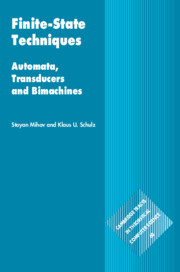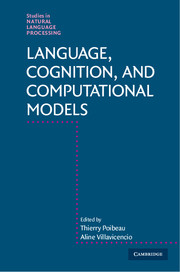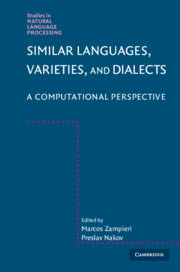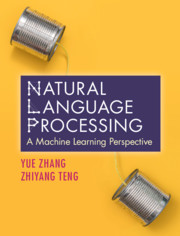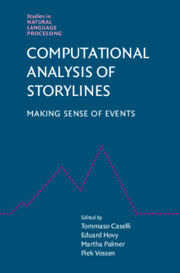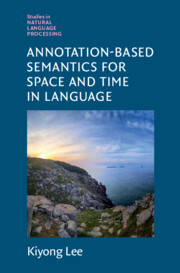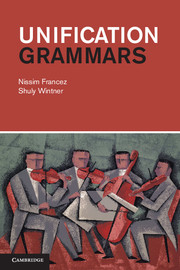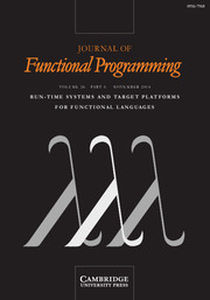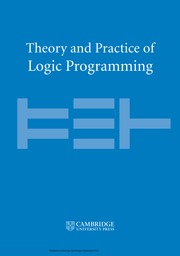Finite-State Techniques
Automata, Transducers and Bimachines
Part of Cambridge Tracts in Theoretical Computer Science
- Authors:
- Stoyan Mihov, Bulgarian Academy of Sciences
- Klaus U. Schulz, Ludwig-Maximilians-Universität Munchen
- Date Published: September 2019
- availability: Available
- format: Hardback
- isbn: 9781108485418
Hardback
Other available formats:
eBook
Looking for an examination copy?
This title is not currently available for examination. However, if you are interested in the title for your course we can consider offering an examination copy. To register your interest please contact [email protected] providing details of the course you are teaching.
-
Finite-state methods are the most efficient mechanisms for analysing textual and symbolic data, providing elegant solutions for an immense number of practical problems in computational linguistics and computer science. This book for graduate students and researchers gives a complete coverage of the field, starting from a conceptual introduction and building to advanced topics and applications. The central finite-state technologies are introduced with mathematical rigour, ranging from simple finite-state automata to transducers and bimachines as 'input-output' devices. Special attention is given to the rich possibilities of simplifying, transforming and combining finite-state devices. All algorithms presented are accompanied by full correctness proofs and executable source code in a new programming language, C(M), which focuses on transparency of steps and simplicity of code. Thus, by enabling readers to obtain a deep formal understanding of the subject and to put finite-state methods to real use, this book closes the gap between theory and practice.
Read more- Goes beyond 'read-only' devices to cover the transformational devices that are of central interest in the field
- End-of-chapter exercises enable readers to implement complex finite-state based procedures for interesting tasks
- Provides executable source code in the new C(M) language, designed to focus on the high-level mathematical steps of a construction
Reviews & endorsements
‘… this volume is well written and very detailed. It is thus a nice reference for those results for the interested graduate or researcher …’ Andreas Maletti, ZB Math Reviews
Customer reviews
Not yet reviewed
Be the first to review
Review was not posted due to profanity
×Product details
- Date Published: September 2019
- format: Hardback
- isbn: 9781108485418
- length: 314 pages
- dimensions: 234 x 158 x 21 mm
- weight: 0.57kg
- contains: 46 b/w illus. 3 tables 45 exercises
- availability: Available
Table of Contents
Part I. Formal Background:
1. Formal preliminaries
2. Monoidal finite-state automata
3. Classical finite-state automata and regular languages
4. Monoidal multi-tape automata and finite-state transducers
5. Deterministic transducers
6. Bimachines
Part II. From Theory to Practice:
7. The C(M) language
8. C(M) implementation of finite-state devices
9. The Aho–Corasick algorithm
10. The minimal deterministic finite-state automaton for a finite language
11. Constructing finite-state devices for text rewriting
Bibliography
Index.-
General Resources
Find resources associated with this title
Type Name Unlocked * Format Size Showing of
This title is supported by one or more locked resources. Access to locked resources is granted exclusively by Cambridge University Press to instructors whose faculty status has been verified. To gain access to locked resources, instructors should sign in to or register for a Cambridge user account.
Please use locked resources responsibly and exercise your professional discretion when choosing how you share these materials with your students. Other instructors may wish to use locked resources for assessment purposes and their usefulness is undermined when the source files (for example, solution manuals or test banks) are shared online or via social networks.
Supplementary resources are subject to copyright. Instructors are permitted to view, print or download these resources for use in their teaching, but may not change them or use them for commercial gain.
If you are having problems accessing these resources please contact [email protected].
Sorry, this resource is locked
Please register or sign in to request access. If you are having problems accessing these resources please email [email protected]
Register Sign in» Proceed
You are now leaving the Cambridge University Press website. Your eBook purchase and download will be completed by our partner www.ebooks.com. Please see the permission section of the www.ebooks.com catalogue page for details of the print & copy limits on our eBooks.
Continue ×Are you sure you want to delete your account?
This cannot be undone.
Thank you for your feedback which will help us improve our service.
If you requested a response, we will make sure to get back to you shortly.
×
